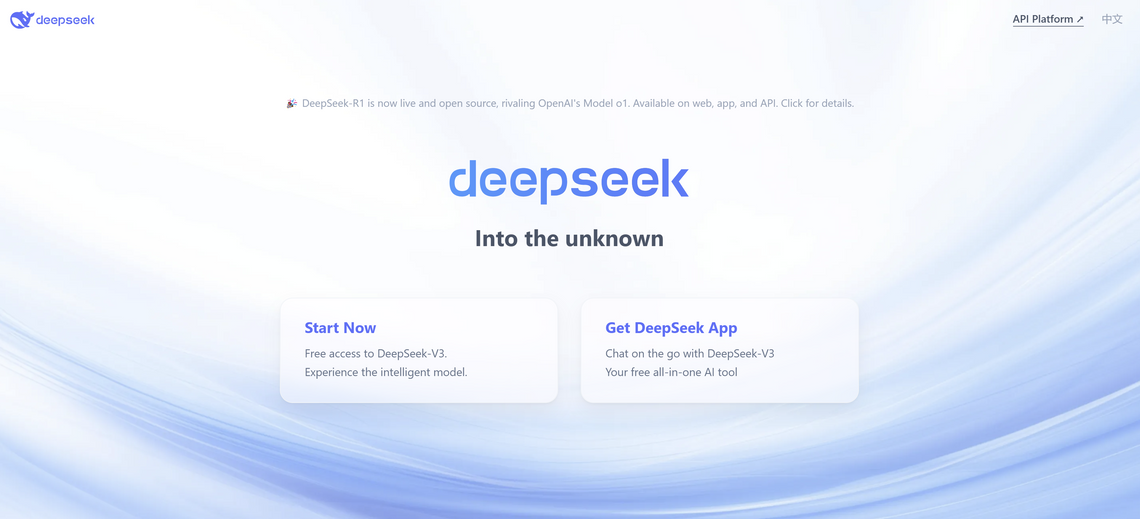BY COLTON BRADBERRY
Opinion Editor
In the fast-evolving world of artificial intelligence (AI), a new player is capturing global attention: DeepSeek.
This China-based AI company has quickly risen to prominence, challenging industry giants with its cutting-edge technology and commitment to open-source development.
DeepSeek was founded in 2023 by Liang Wenfeng, and despite being a relatively young company, DeepSeek has made significant strides in the AI space, developing models that rival those of leading American tech firms.
"China's AI can't be in the position of following forever. We often say that there is a gap of one or two years between China's AI and the United States, but the real gap is the difference between originality and imitation," Wenfeng said in an interview with Waves, a Chinese media company.
One of DeepSeek’s most notable achievements is the development of its AI models, including DeepSeek-V3 and DeepSeek-R1.
DeepSeek-V3 has gained widespread recognition for its cost-efficient training, reportedly using less than $6 million worth of computer chips, a fraction of the cost required to train similar models like OpenAI's ChatGPT or Google's Gemini – which typically demand hundreds of millions in computing resources.
The emergence of DeepSeek has disrupted the long-held belief that the most advanced AI models are exclusive to U.S.-based companies. The company's rapid rise is particularly notable given the ongoing U.S. export restrictions on high-end semiconductor chips to China. Despite these constraints, DeepSeek has proven that Chinese firms can still develop competitive AI technologies, sparking conversations about global AI leadership.
"The release of DeepSeek, AI from a Chinese company, should be a wakeup call for our industries that we need to be laser-focused on competing to win," President Donald Trump said at a Republican policy retreat in Doral, Florida. “That could be very much a positive development. So instead of spending billions and billions, you'll spend less and you'll come up with, hopefully, the same solution."
As with any major AI advancement, DeepSeek’s technology has sparked discussions about security implications. Some analysts have raised concerns over the potential for hidden code within the AI models, underscoring the need for thorough evaluations before widespread adoption.
Additionally, there is growing unease among some experts and policymakers about the fact that DeepSeek is a Chinese company, raising questions about data privacy, government oversight and potential geopolitical ramifications. However, these concerns have not slowed the company's momentum, as it continues to expand its influence in the AI sector.
In a report done by Feroot Security, a Canadian cybersecurity company, DeepSeek has code connecting it to Chinese Mobile, a state-owned telecommunications company. Feroot was unable to rule out that data from American citizens was being sent to the Chinese company, but stated it could be used to do so.
“It’s mind-boggling that we are unknowingly allowing China to survey Americans, and we’re doing nothing about it,” said Ivan Tsarynny, CEO of Feroot, in a statement given to the Associated Press. “It’s like TikTok, but at a much grander scale and with more precision. It’s not just sharing entertainment videos. It’s sharing queries and information that could include highly personal and sensitive business information.”
As DeepSeek continues to evolve, its impact on the global AI landscape remains uncertain.
DeepSeek has already changed the conversation, and the world will be watching to see what happens next.
.png)

Comment
Comments